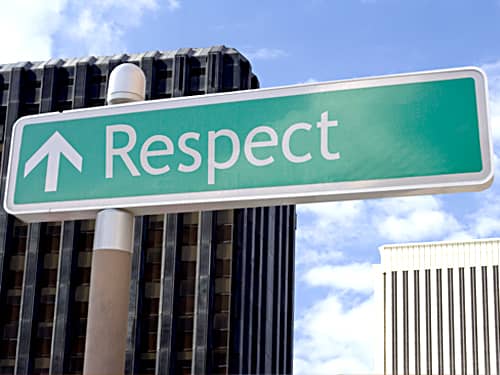How to Teach Empathy to Kids
Empathy is the quality that underlies love, caring, and compassion. When you empathize with people, you’re able to put yourself in their place and recognize them as human beings with feelings just like you. You notice when they’re sad or hurt, and you might offer your help--or simply say a kind word. Empathy is the foundation of the Golden Rule--“Do unto others, as you would have them do unto you.” Although a capacity for empathy is innate, parents can help it flourish.
Here are some ideas on cultivating empathy in children .
Respond to Your Child's Needs
Respond to Your Child's Needs
Early signs of empathy are apparent at birth. Newborns cry when they hear another infant crying, and very young babies imitate and react to the facial expressions of others. Parents are essential to taking the process further. Every time a parent responds lovingly to a baby’s needs, new neural connections are made, which associate good feelings with parental care and form the basis of the ability to love and empathize.
Name That Feeling
Name That Feeling
To help your child become conscious of his own feelings and recognize emotions in others, identify feelings in words. Start with adjectives like “happy,” “sad, “mad,” and “surprised.” Later, expand your child's "feelings" vocabulary to include more subtle words like "disappointed," "hurt," and "proud." Play a game called "feeling faces," in which you make a face, point at yourself, and name the feeling you are trying to convey. Draw simple pictures with these expressions as well, or use placemats or cards (you can buy them online) that teach emotional intelligence.
Make Someone Happy
Make Someone Happy
Empathetic kids are not only conscious of others’ feelings--they can also learn to see themselves as capable of doing something to alleviate others' suffering. Praise your child when he shows concern for or comforts another child. Point out their friends’ feelings and suggest how they could help in some way. For instance, you might say, "Look at Tanya's face. See how sad she is? Can you think of anything that would help her feel better?" Let them know that being a good listener is also a way to help, even if they can’t do anything.
Be Forgiving
Be Forgiving
Try not to overreact with harsh words or punishment if your child does something wrong or hurts you without meaning to. By all means, show your child how to make amends, but be forgiving of mistakes. We all make them. Show your child that he or she is loved and valued. Kindness, empathy, and love grow from appreciation and respect, and in turn create more of both.
Walk a Mile in Someone's Shoes
Walk a Mile in Someone's Shoes
As children learn to take a friend's perspective, they are able to tailor their help to the other person's needs and to manage some of the requirements of true friendship--mutual trust and keeping commitments, for instance. They realize that the causes and cures of sad feelings can be complex. Subtle slights, such as sitting with someone else at lunch, can hurt a friend's feelings. Suggest that kids put themselves in another's place when figuring out what might make the other child feel better. Explain the unseen reasons why a child or sibling might be upset. "Sam's game was cancelled, and now he's disappointed." Empathy is what connects us to other people.
Try not to Compare
Try not to Compare
Ours is an achievement-oriented culture, and we tend to focus more on grades and sports victories than on the value of empathy. Instead of mostly emphasizing competition-- "Who’s the smartest kid in your class?”--you might compliment your child on an act of kindness. You could say, for instance, "I liked how you shared your snack with Jake." In competitive situations, show your child how to be a good winner. Practice words that make the loser feel better, e.g. "Good game! Maybe you'll win next time."
Model Empathy
Model Empathy
Be a kind person yourself. When your child sees you caring about others--going out of your way to visit a sick friend, making a meal for a new family on the block, doing chores for an elderly neighbor, or helping people in need--he will see this as the right way to live. Eventually children learn the grown-up lesson that "Loving kindness is twice blessed; it blesses him who gives and him who receives."
Treat Yourself Compassionately
Treat Yourself Compassionately
Empathetic people can sometimes be so sensitive to others’ feelings that they judge themselves harshly if they can’t fill everyone’s need. Don’t forget to treat yourself with the kindness that you show other people. Tune into your own feelings, and don’t be hard on yourself when you can’t make everyone happy. Empathy includes self-forgiveness, and children learn it from you.

